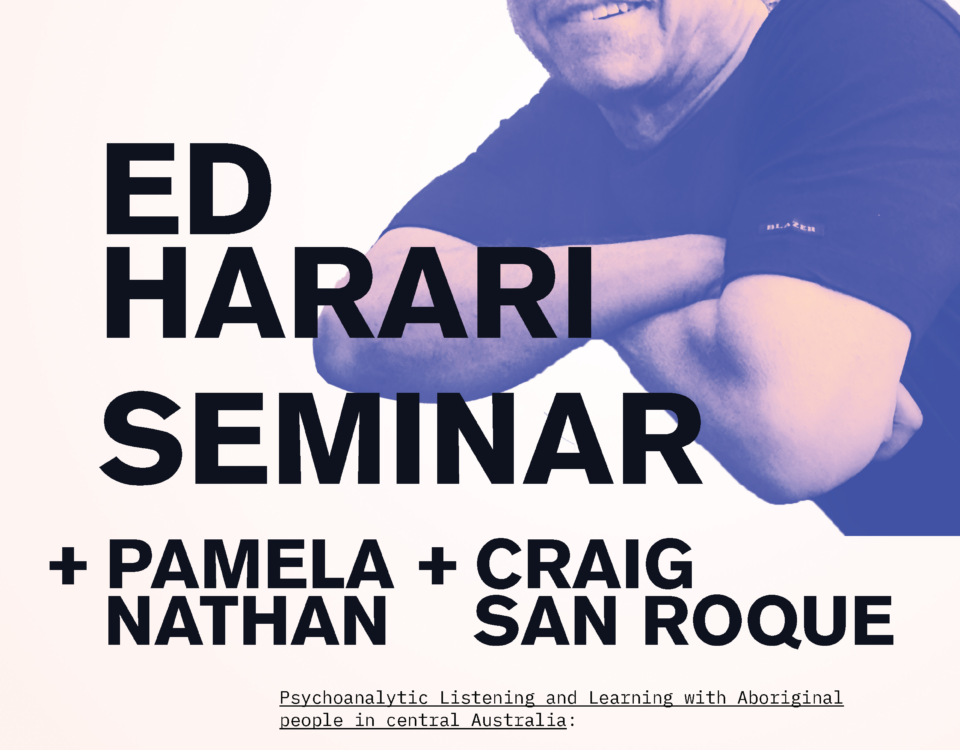Group overcomes violence
June 1, 2016Songlines
July 1, 2016By Pamela Nathan
“Would Indigenous women and children feel safer if constitutional recognition, or even a treaty, eventuated in Australia?” asks Hannah McGlade in ‘The Australian’.
And, in ‘The Monthly’, Marcia Langton voices the question that she believes most Australians will not ask: “is our legal system tolerating and even encouraging the femicide of Indigenous women?”
Both were discussing the utterly devastating level of violence against Indigenous women… and the overarching failure of both the justice system and state, territory and federal governments to protect these women and stem the flow of blood.
Langton cites four key contributing factors that fuel the violence: “While a range of factors including family violence, communication barriers, remoteness and economic disadvantage influence community safety outcomes, there are four significant drivers of crime within indigenous communities: drug and alcohol abuse, poor parenting, poor school retention and performance, and unemployment.”
CASSE agrees with Langton and thinks there is also an additional underlying driver – intergenerational trauma – the crippling effect of which has been felt by every community. Drug and alcohol abuse, poor parenting, poor school retention and performance, unemployment, mental ill-health, violence and suicide are all legacies of intergenerational trauma – from the time of invasion and the frontier wars, through the stolen generations and denial of culture, language and existence.
Intergenerational trauma underlies the triggers to violence in Aboriginal communities which experience the wounding legacies of colonialism to this day. Violent crime can be driven by a preceding guilt and by a FEAR for ONE’s OWN LIFE. Violent crime can enact the unspeakable. Violent crime can be about a haemorrhaging rage, bleeding pain and about inscripting SOMETHING, albeit bad, where otherwise there would be NOTHING… and certainly nothing good. Trauma needs to be understood, thereby changing minds and saving lives.
Both Langton and McGlade noted there are areas where improvements are being made. Langton stating: “the programs that are working well to reduce incarceration rates go relatively unnoticed”; and McGlade referencing the success of The Northern Territory’s Sentenced to a Job program in “reducing recidivism rates among male Aboriginal prisoners who largely serve sentences for “acts intended to cause injury””.
CASSE has two programs working closely with violent offenders. The Men’s Tjilirra Movement has been working with the Community Development Program (formerly RJCP) to engage offenders in a program of traditional tool making as a means of reconnecting young men to culture and Elders and regaining identity and purpose. In Alice Springs, the 15 week “Breakthrough Violence” group program being offered by CASSE in collaboration with the Central Australian Aboriginal Congress (CAAC) is working with a large number of mandated violent offenders in a culturally informed environment.
Violence – whether it be directed outwards or inwards (as suicide) – is a manifestation of trauma. We need to stop the spiraling levels of incarceration, the spiraling violence and the devastating trauma. There are no quick-fixes for intergenerational trauma – long-term, sustained and culturally informed support and commitment to change is needed.
We can’t wait any longer to save our women.
References:
https://www.themonthly.com.au/issue/2016/july/1467295200/marcia-langton/two-victims-no-justice





